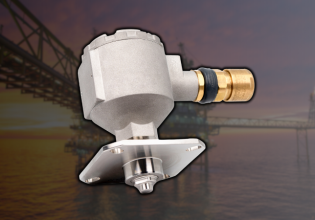H
Is there any smart way to Locate/detect earthy leakage field instruments (such as limit switches) connected to Field input termination units bailey Infi-90 DCS system??
We have DC Floating power Supply that now reads +21/+3VDC instead of +12/-12VDC. This Power Supply gives power to bout 500 digital input DCS signals.
So there is ground fault. the -ve side of the power supply has some leakage to the ground but not clear 100% grounded. this leakage may be coming from more than one field instrument.
We need a way to solve this problem without disconnecting the power to the system so that we can return the power o +12/-12VDC and eliminate this ground fault.
Thanks
We have DC Floating power Supply that now reads +21/+3VDC instead of +12/-12VDC. This Power Supply gives power to bout 500 digital input DCS signals.
So there is ground fault. the -ve side of the power supply has some leakage to the ground but not clear 100% grounded. this leakage may be coming from more than one field instrument.
We need a way to solve this problem without disconnecting the power to the system so that we can return the power o +12/-12VDC and eliminate this ground fault.
Thanks






